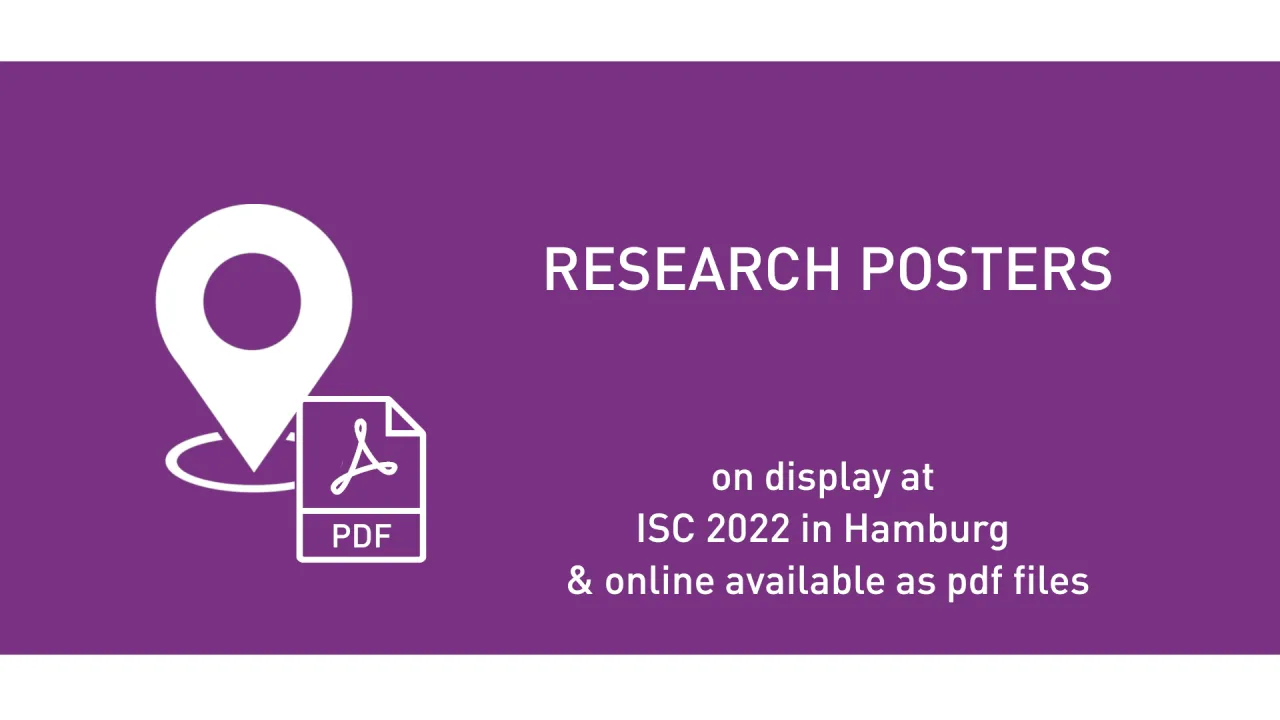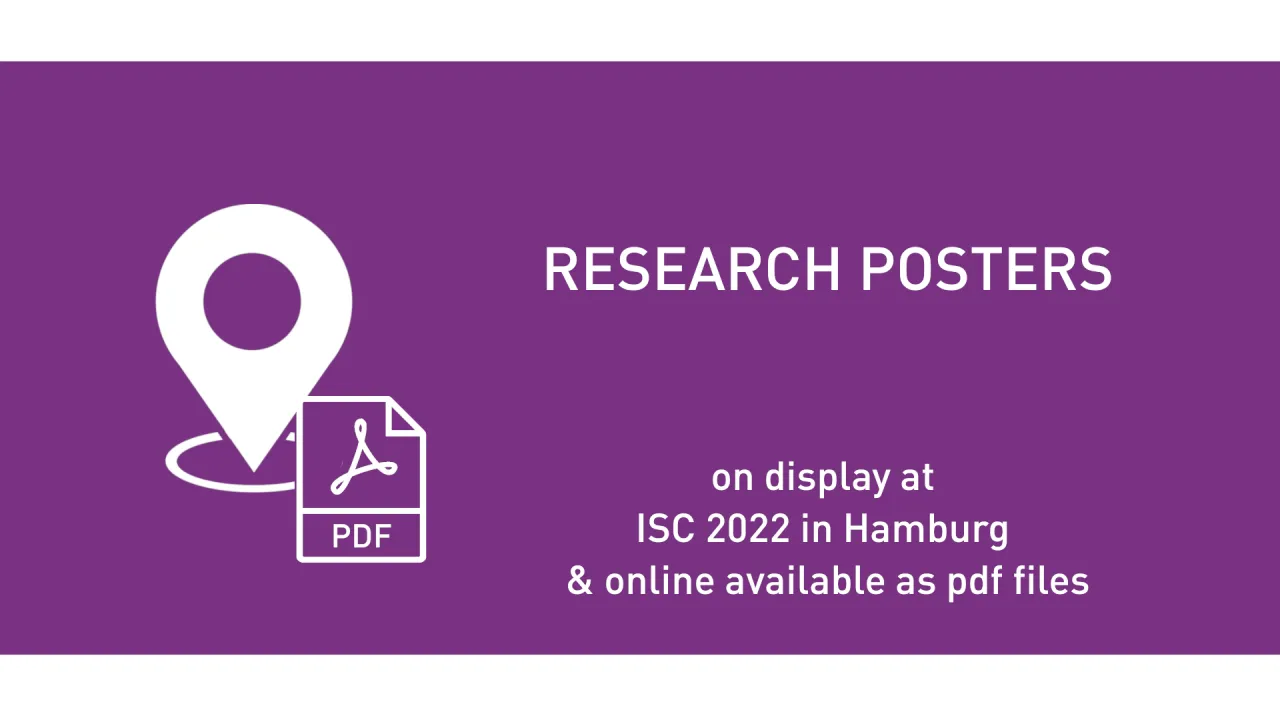

GROMACS in the cloud: A global supercomputer to speed up alchemical drug design
Wednesday, June 1, 2022 1:08 PM to 1:12 PM · 4 min. (Europe/Berlin)
Hall D - 2nd Floor
HPC Workflows
Information
We assess costs and efficiency of state-of-the-art high performance cloud computing and compare the results to traditional on-premises compute clusters. Our use case are atomistic simulations carried out with the GROMACS molecular dynamics (MD) toolkit. We set up an HPC cluster in the Amazon Web Services (AWS) cloud that incorporates various different instances with Intel, AMD, and ARM CPUs, some with GPU acceleration. Using representative biomolecular simulation systems we benchmark how GROMACS performs on individual instances and across multiple instances. Thereby we assess which instances deliver the highest performance and which are the most cost-efficient ones for our use case. We find that, in terms of total costs including hardware, personnel, room, energy and cooling, producing MD trajectories in the cloud can be about as cost-efficient as an on-premises cluster given that optimal cloud instances are chosen. Further, we find that high-throughput ligand-screening can be accelerated dramatically by using global cloud resources. For a ligand screening study consisting of 20,000 independent simulations or 200 μs of combined simulation trajectory, we made use of the diverse hardware available in the cloud at the time of the study. Using more than 4,000 instances, 140,000 cores, and 3,000 GPUs around the globe, our simulation ensemble that would normally take weeks to complete on a typical on-premises cluster consisting of several hundred nodes, finished in about two days in the cloud.
Contributors:
Contributors:
- Christian Kniep (QNIB Solutions)
- Carsten Kutzner (Max Planck Institute for Multidisciplinary Sciences)
- Austin Cherian (Amazon Web Services Singapore)
- Vytautas Gapsys (Max Planck Institute for Multidisciplinary Sciences)
- Helmut Grubmüller (Max Planck Institute for Multidisciplinary Sciences)
- Ludvig Nordstrom (Amazon Web Services UK)
- Bert L. de Groot (Max Planck Institute for Multidisciplinary Sciences)
Format
On-site